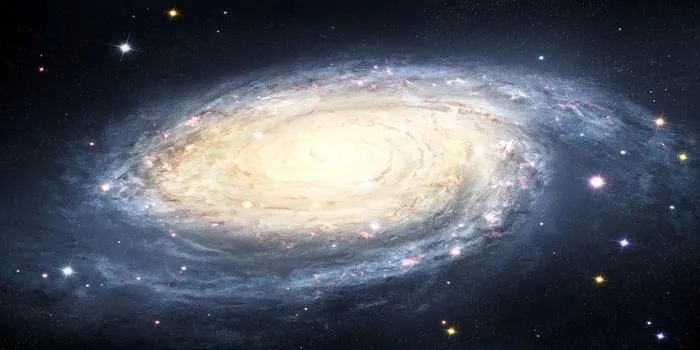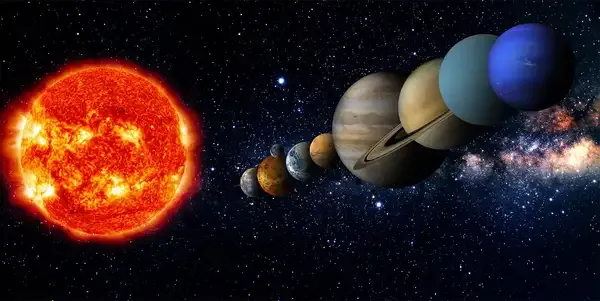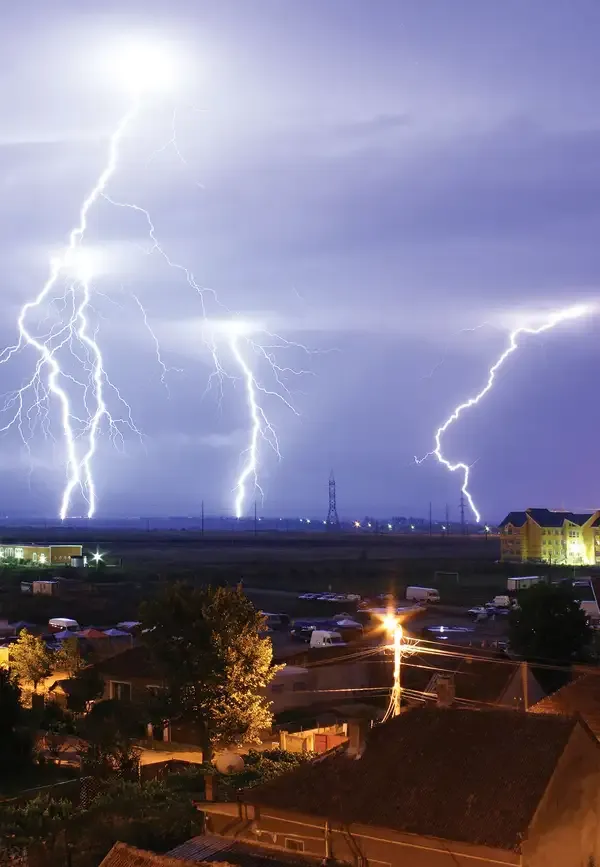- Home >
- Science
- > Exploration
The idea of creating a new universe in the lab is no joke
The concept of creating a new universe in a laboratory setting is a serious scientific proposition. It explores the possibilities of manipulating the fundamental forces and particles to initiate a Big Bang-like event on a micro scale. While still theoretical, this idea challenges our understanding of cosmology and physics, pushing the boundaries of what might be achievable. Such endeavors could provide profound insights into the origins of our universe and the nature of reality itself, though ethical and practical considerations abound.

The concept of creating a new universe in a laboratory setting has long been a topic of fascination in both science fiction and scientific research. This idea is not just a whimsical thought experiment; it has implications that could redefine our understanding of physics, cosmology, and the very fabric of reality. As we delve deeper into the possibilities of universe creation, we encounter a myriad of scientific principles, theories, and ethical considerations that shape this intriguing pursuit.
The Scientific Basis for Universe Creation
The foundation of universe creation lies in advanced theories of physics, particularly quantum mechanics and string theory. In quantum mechanics, the idea of multiverses suggests that our universe might be just one of many, each with its own set of physical laws. String theory posits that fundamental particles are not point-like dots but rather tiny, vibrating strings, leading to a vast number of possible configurations and dimensions.
Here's a table summarizing the key concepts related to universe creation:
| Concept | Description |
|---|---|
| Quantum Mechanics | Studies the behavior of particles at the smallest scales, suggesting the existence of multiple states and realities. |
| String Theory | A theoretical framework where particles are viewed as one-dimensional strings, allowing for multiple dimensions and universes. |
| Multiverse Theory | The idea that our universe is one of many, each potentially having different physical laws and constants. |
| Cosmic Inflation | A rapid expansion of the universe that potentially leads to the creation of separate, distinct universes. |
Practical Steps Toward Universe Creation
The practical aspects of creating a universe in the lab involve high-energy physics experiments, such as those conducted at particle accelerators. The Large Hadron Collider (LHC) is a prime example, where scientists collide particles at near-light speeds to explore fundamental questions about the universe's origins. The potential for universe creation might stem from these high-energy collisions, where conditions similar to those just after the Big Bang could be replicated.
However, the idea of creating a new universe is not without challenges. The energies required to create a new universe are astronomical, and current technology is far from achieving such feats. Moreover, the ethical implications of creating a universe, even in a controlled environment, must be carefully considered. What responsibilities do scientists have when it comes to the potential consequences of their experiments?
Ethical Considerations in Universe Creation
The ethical landscape surrounding the creation of a new universe is complex. Scientists must weigh the potential benefits of their research against the risks and moral questions it raises. For instance, if a new universe could potentially harbor life or even intelligent beings, what rights would they have? Would the act of creating a universe be seen as playing God, and how would that impact our understanding of existence?
Key ethical questions include:
- What are the potential consequences of creating a new universe?
- How would we ensure the safety of our own universe?
- What are the implications for our understanding of life and consciousness?
The Future of Universe Creation
As we stand on the brink of new discoveries in physics, the dream of creating a new universe in the lab may not be as far-fetched as it once seemed. Advances in technology, such as quantum computing and improved particle accelerators, could pave the way for groundbreaking experiments in the near future.
Moreover, the field of theoretical physics continues to evolve, providing new insights and frameworks that could make universe creation a tangible possibility. For instance, researchers are exploring the concept of "baby universes," which could theoretically be spawned from black holes or during high-energy collisions.
Conclusion
The idea of creating a new universe in the lab is no joke; it is a serious endeavor that intertwines cutting-edge physics with profound philosophical questions. As research continues to advance, we may find ourselves closer to not just understanding the universe we inhabit but also the potential to create entirely new realms of existence.
In summary, the journey toward universe creation involves a blend of scientific inquiry, ethical deliberation, and imaginative exploration. As we probe the depths of reality, we are reminded of the power of human creativity and curiosity, driving us to explore the infinite possibilities that lie beyond our current understanding of the cosmos.












